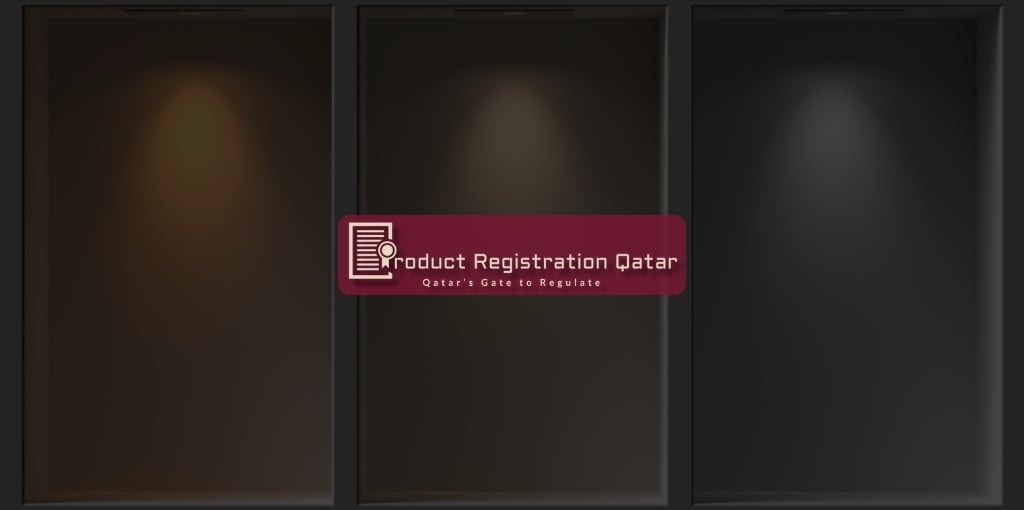Post-Approval Variations in Qatar: Labels, Formulas & Roles
Learn how to manage post-approval variations in Qatar, from label and formula changes to distributor switches, and avoid MoPH delays or import holds.
BLOGS
9/27/20253 min read


Post-Approval Variations in Qatar:
Label & Formula Changes, Ownership & Distributor Switches
Most rejections from Qatar’s Ministry of Public Health (MoPH) do not occur during the first registration — they happen after approval, when companies fail to declare post-approval variations.
These changes, if not filed correctly, can result in import holds, rejected shipments, or withdrawn approvals.
This guide explains which variations must be filed in Qatar, how to submit them through the MoPH Portal, and how to avoid unnecessary delays.
When Is a Variation Mandatory?
A variation is mandatory whenever the approved product dossier no longer matches the product being imported or sold in Qatar. Common triggers include:
Label Changes: Ingredient updates, new claims, revised Arabic text, barcode/GTIN edits, or pack size adjustments.
Formula Changes: Switching flavors, sweeteners, or active ingredients. Manufacturer or production site changes also require updates.
Legal Entity Changes: New brand owner, importer, or distributor. Even minor changes in authorization must be declared.
Failing to file these changes can block your product at customs and damage your compliance record.
Variation Types & Evidence Required
Not all variations are equal. MoPH typically distinguishes between minor changes (no effect on safety/efficacy) and major changes (requiring further testing).
Minor Variations: Small label updates (font, layout), non-functional packaging edits. Usually require updated Arabic artwork and dossier cross-references.
Major Variations: Formula adjustments, new pack sizes, or manufacturer changes. These often need fresh Certificates of Analysis (CoA), Certificates of Free Sale (CFS), or additional stability data.
Evidence Required:
Updated Arabic artwork
Legalized supporting documents
Clear references to the previously approved dossier
Submission Flow & Timelines
Filing a variation requires using the MoPH Portal under the “Variation/Update” section linked to the original dossier.
Typical steps include:
Select dossier reference
Upload variation request and supporting documents
Attach updated artwork or test reports
Submit for MoPH review
Timelines: Minor variations may be processed in 2–4 weeks, while major variations can take 6–8 weeks or longer, depending on complexity.
In-market stock: Companies may request phased relabeling to avoid withdrawal of existing stock, but prior approval is required.
Avoiding Holds & Repeat Queries
To prevent costly delays:
Keep GTINs synchronized across labels, dossiers, and GS1.
Align new label claims with the originally approved classification.
Pre-check Arabic translations for accuracy.
Maintain a detailed change log to track all variations.
When critical shipments are blocked, escalation through regulatory advocacy may be the only way to resolve disputes and release goods.
Frequently Asked Questions (FAQs)
Do I need to declare every label change?
Yes. Even small barcode edits or ingredient clarifications should be filed to avoid rejection.
What happens if I don’t file a variation?
Your product may be held at customs, and repeat non-compliance could result in approval withdrawal.
How long does it take for MoPH to process a variation?
Minor updates: 2–4 weeks. Major variations: 6–8 weeks or more.
Can I sell old stock while waiting for approval of a new label?
Only if MoPH grants phased relabeling permission. Always request approval before distribution.
Who should handle variations — the manufacturer or distributor?
Either, but the local agent or importer of record must submit through the portal.
Contact us or use our chatbot in the bottom right corner for expert regulatory help.
Recommended Reads
MoPH Portal in Qatar (2025): Account Setup & Role Errors
Learn how to set up your MoPH account correctly and avoid costly role errors.Qatar Labeling Rules for MoPH Product Registration
Ensure your product artwork complies with Qatar’s Arabic labeling requirements.Product Compliance Services
Comprehensive support for label validation, translation, and dossier management.Need clarity on roles?
Read Importer vs Authorized Representative in Qatar and who handles MoPH, dossiers, and recalls.Protect MoPH approvals
see our guide to Importer–Distributor agreements and the compliance clauses that prevent delays in Qatar.
Final Thoughts
Post-approval variations are a critical part of maintaining compliance in Qatar.
From label tweaks to distributor switches, every change must be documented and filed correctly.
Neglecting this process can result in blocked imports, extended delays, and damaged regulatory credibility.
Most rejections after approval are preventable. Our team specializes in label validation, technical translation, legalization, and advocacy to keep your products moving smoothly into the Qatari market.
Ready to Ensure Your Product is Fully Compliant?
Fill out the form below and let our experts guide you through label checks, formula validation, and registration—step by step.


